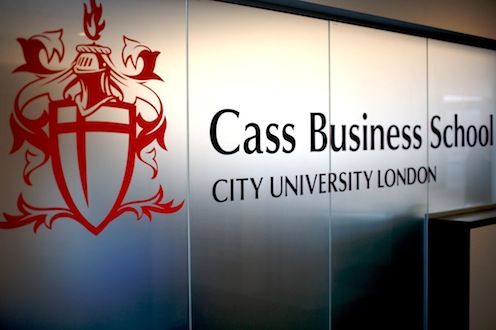An estimated 2.2m givers are set to cut back the amount they donate to charity as the UK recovers from the Covid-19 pandemic, according to research released this week.
The findings are based on a survey of 2,000 UK adults commissioned by the Covid-19 Support Fund, which was established last year by the savings and insurance sector.
The Fund says that around 1.6m have already cancelled their direct debit to charity, according to its research.
The research also found that small charities could benefit, with one in ten (11%) saying they plan to donate to smaller organisations post-pandemic, with a similar proportion (10%) wanting to support charities through volunteering.
In addition, 25 charities were also surveyed, with four out of ten saying they anticipated fewer donations over the next year.
Fund chair Colm Holmes said the findings suggest a funding shortfall for many charities going into 2022.
He said that this “could have serious repercussions on those who depend on their support. Whilst we are on a roadmap to recovery, keeping charities afloat in these tough times is crucial in helping the nation build back better”.
Among charities to benefit from the fund amid the pandemic has been Essex based homeless organisation Streets2Home.
Its chief executive Kerrie Eastman said that many of its local supporters and small business “will continue to suffer the decline in the economy due to the loss of employment, reduced salaries and the impact of the pandemic”.
Another is Norwich based refugee charity New Routes.
“The pandemic has affected charities up and down the country, and New Routes is no exception to that,” said New Routes chief executive Gee Cook.
“Although it has been wonderful to see people in the Norwich community come together and support local causes over the course of the pandemic, as a small charity we have also noticed the impact that the prolonged crisis is having on people’s ability to give.
“Over the past few months we have definitely noticed a reduction in the number of ad-hoc donations compared to previous years, which can really add up for a small charity like ours. This makes our regular donors even more important, but we’re also seeing fewer of those coming on board lately.”
The surveys were carried out in March 2021.
Latest News
-
Government ‘slow to tweak’ consumer law to protect charities, MP warns
-
2025: The long-reads
-
City of Culture charity to be supported for further two years
-
Friday funding roundup - 19 December
-
King visits charity founder days before she dies to invest her as a Dame
-
2025: Most-read opinion, diaries, Q&As and more
Charity Times video Q&A: In conversation with Hilda Hayo, CEO of Dementia UK
Charity Times editor, Lauren Weymouth, is joined by Dementia UK CEO, Hilda Hayo to discuss why the charity receives such high workplace satisfaction results, what a positive working culture looks like and the importance of lived experience among staff. The pair talk about challenges facing the charity, the impact felt by the pandemic and how it's striving to overcome obstacles and continue to be a highly impactful organisation for anybody affected by dementia.
Charity Times Awards 2023
Mitigating risk and reducing claims

The cost-of-living crisis is impacting charities in a number of ways, including the risks they take. Endsleigh Insurance’s* senior risk management consultant Scott Crichton joins Charity Times to discuss the ramifications of prioritising certain types of risk over others, the financial implications risk can have if not managed properly, and tips for charities to help manage those risks.
* Coming soon… Howden, the new name for Endsleigh.
* Coming soon… Howden, the new name for Endsleigh.
Better Society

© 2021 Perspective Publishing Privacy & Cookies











Recent Stories